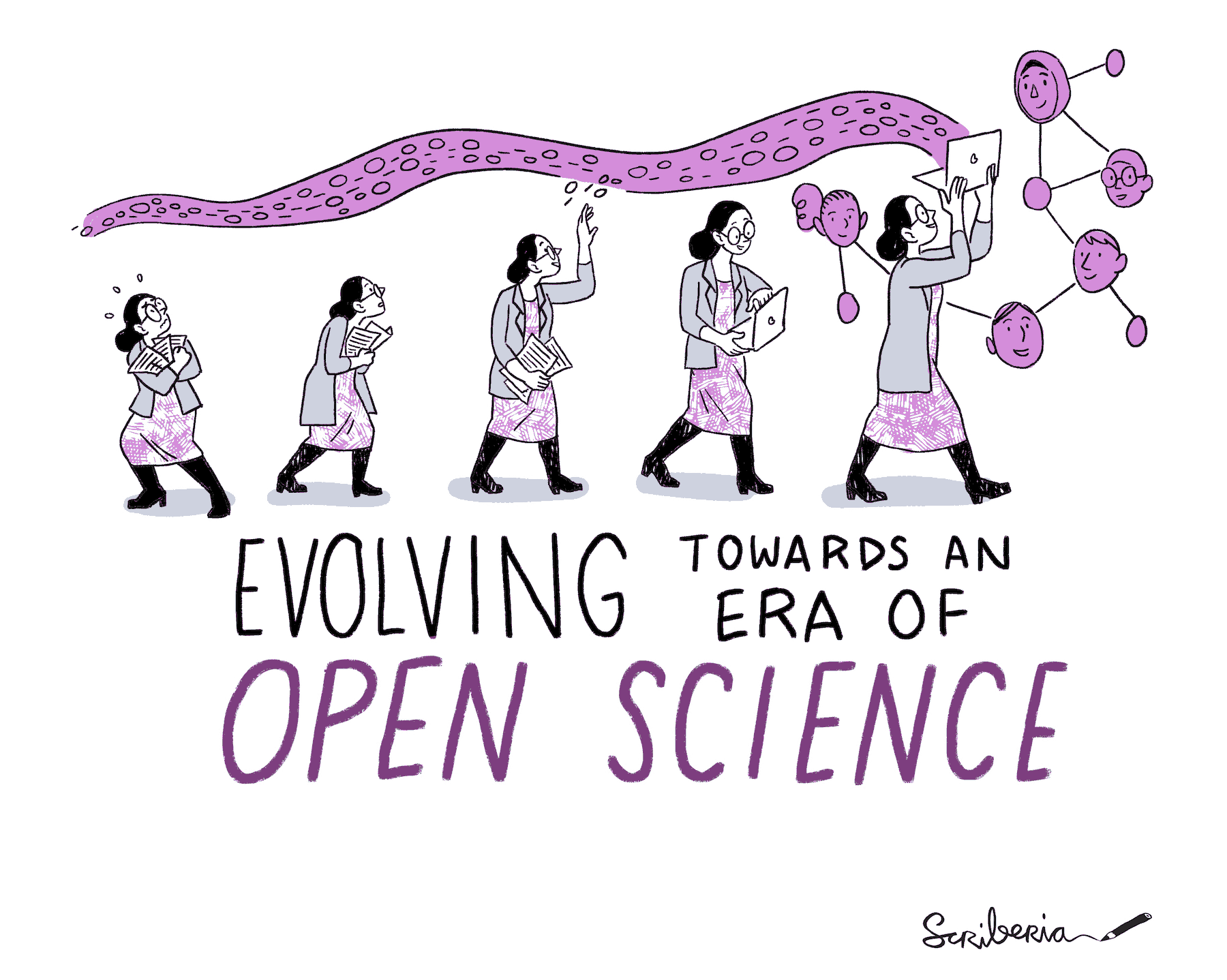Background#
Note
A history section will be added soon in this chapter.
Our moonshot goal is to make reproducibility “too easy not to do”.
Reproducible research is necessary to ensure that scientific work can be trusted. Motivated by strong advocacy from the research community for open science and research reproducibility, funders and publishers are increasingly requiring that publications include access to the underlying data and analysis code. The goal is to ensure that all results can be independently verified and built upon in future work.
This is sometimes easier said than done. Sharing these research outputs means understanding and applying a range of practices, including open science, data management, library sciences, software development, and continuous integration techniques—skills that are not widely taught or expected of academic researchers and data scientists. Furthermore, technical skill alone is not sufficient for making research reproducible and open for all.
The Turing Way provides resources to build an understanding of good practices and improve research habits through modular chapters in a self-contained handbook. Rather than reinventing the wheel by rewriting or redefining data science best practices, approaches and methods, we encourage you to introduce concepts in accessible language in a Turing Way chapter – you can highlight curated resources and set readers up for a deep dive into topics of their choice.
Lessons learned through The Turing Way series of guides will help design projects with reproducible, collaborative, and ethical research frameworks. It will also ensure that PhD students, postdocs, PIs, and funding teams know which parts of the “responsibility of reproducibility” they can affect, and what they should do to ‘nudge’ research and data science to be more efficient, effective, and understandable.

Fig. 3 The Turing Way project illustration by Scriberia. Used under a CC-BY 4.0 licence. DOI: 10.5281/zenodo.3332807.#
The book started in January 2019 as a guide for reproducibility, covering Version Control, Code Testing, and Continuous integration. However, technical skills are just one aspect of making data science research “open for all” and so in February 2020, The Turing Way expanded into a series of guides: Guide for Reproducible Research, Guide for Project Design, Guide for Communication, Guide for Collaboration, and Guide for Ethical Research.
Highlights from the First Impact Story from 2019
Changing the culture of data science
The Turing Way is an online handbook – and global community – dedicated to fostering gold-standard reproducible research. It’s a cultural movement with the potential to transform data science
There is a crisis of reproducibility in science.
‘Publish-or-perish’ incentives and excessive data secrecy stifle progress and waste resources: siloed science is slow science.
The Turing Way is an evolving online ‘handbook’ on how to conduct world-leading, reproducible research in academic data science and AI with the goal of making reproducible research “too easy not to do”.
The book deals not only with the ‘how’ of things, but also the ‘why’ – the ethos and long-term benefits of reproducible research.
The Turing Way is also a flourishing global community of research engineers, data librarians, industry professionals and research experts dedicated to capturing and sharing research best practices, tools and data.
Visit The Alan Turing Institute website for the full impact story.
Through community contributions, since 2019 the handbook has grown from a Guide on Research Reproducibility to multiple guides, a global community and numerous resources built and shared by the members of our community. Our team and community members are committed to integrating and promoting openness, inclusivity, ethical conduct, and access in research and data science, and have integrated these in all aspects, including the chapters, of The Turing Way.
The project has been developed openly and any and all questions, comments and recommendations are always welcome at our GitHub repository: the-turing-way/the-turing-way. We really appreciate you using these resources and any references that you make to The Turing Way project in your work, and we hope it is useful.